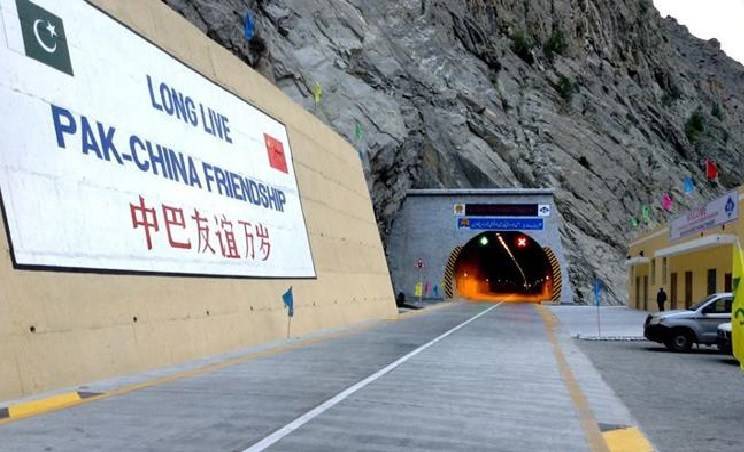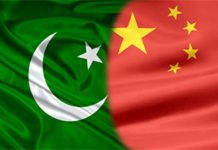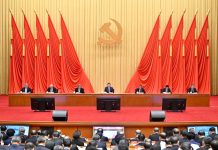DM Monitoring
BEIJING: Senior Research Fellow at the Charhar Institute, Prof. Cheng Xizhong said on Wednesday that as all-weather strategic cooperative partners, China and Pakistan have got amazing achievements under the framework of the China-Pakistan Economic Corridor (CPEC).
Sharing his view to further enhance trade and investment relations, he said that the two countries need to expand new growth drivers.
“We should continue to advance the construction of major projects under the CPEC framework, strengthen the interconnection of energy and transportation networks, and focus on the realignment of the Karakoram Highway, port upgrading and the construction of transmission lines.
These projects will directly improve logistics efficiency and regional economic linkage. At the same time, both sides may explore cooperation in green energy and jointly develop renewable energy projects to reduce dependence on traditional energy sources,” he told media.
He said that next is the digital economy and technological innovation. Pakistan is promoting digital transformation. China may leverage its own technological advantages to participate in Pakistan’s digital infrastructure construction, such as the expansion of submarine internet cables and the application of blockchain technology, while promoting cooperation in cross-border e-commerce and financial technology.
Prof Cheng said that the two sides may further deepen agricultural technology cooperation, such as promoting hybrid rice planting technology, building agricultural product processing parks, and further expanding the share of Pakistani agricultural products in the Chinese markets.
Highlighting importance of regional linkage, he said that China and Pakistan may jointly promote Pakistan’s accession to the Regional Comprehensive Economic Partnership (RCEP), and expand trade networks with ASEAN and Central Asian countries through this framework. As an important outlet, the Gwadar Port can be further developed into a regional logistics hub, connecting markets in Central Asia and Africa, and forming a land-sea linked trade corridor.
The China-Pakistan relationship has now shifted from “project-driven” to “comprehensive strategic coordination.” By deepening cooperation in emerging fields such as the digital economy and green energy, optimizing the investment policy environment, and strengthening regional linkage and security guarantees, the two sides can not only consolidate existing achievements but also form a joint force in the reform of global governance.
In the days to come, with the in-depth integration of Pakistan’s “5Es” development framework and China’s Belt and Road Initiative, the China-Pakistan Economic Corridor is expected to become a model for South-South cooperation, injecting lasting impetus into the building of a closer community with a shared future, he added.






